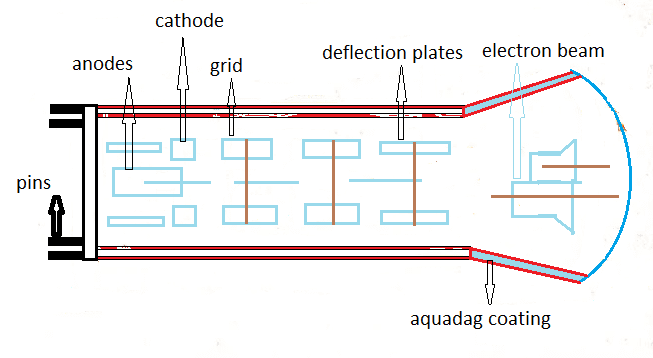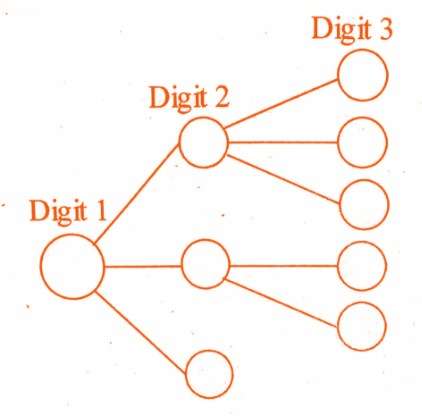SCADA, which stands for Supervisory Control and Data Acquisition, is a control system that allows operators to monitor and control industrial processes and equipment in real-time. SCADA systems are widely used in a variety of industries, including manufacturing, power generation, oil and gas, water and wastewater treatment, and more.
The primary purpose of a SCADA system is to provide operators with a real-time view of the industrial process and equipment they are responsible for. The system typically consists of sensors or other input devices that monitor various aspects of the process or equipment, such as temperature, pressure, flow rate, and more. The data from these sensors is transmitted to a central computer or control room, where it is displayed on a monitor for the operator to view.
SCADA systems also allow operators to make changes to the process or equipment in real-time. For example, if the temperature in a furnace is getting too high, the operator can adjust the temperature controls to bring it back down. This allows for faster response times and more efficient operation of the industrial process.
Another important feature of SCADA systems is their ability to log and store data over time. This data can be used to generate reports and analyze trends in the process or equipment performance. For example, if the data shows that a particular piece of equipment is consistently failing after a certain number of operating hours, it may be time to replace or repair that equipment to avoid downtime.
In addition to monitoring and controlling industrial processes, SCADA systems can also be used for a variety of other applications, such as:
- Remote monitoring and control: SCADA systems can be used to remotely monitor and control equipment in remote or hard-to-reach locations. For example, a SCADA system could be used to monitor and control oil drilling equipment in a remote oilfield.
- Environmental monitoring: SCADA systems can be used to monitor environmental conditions, such as air quality, water quality, and weather conditions.
- Building automation: SCADA systems can be used to automate and control various building systems, such as heating and cooling, lighting, and security.
- Transportation systems: SCADA systems can be used to monitor and control transportation systems, such as traffic signals, toll booths, and railway systems.
Overall, SCADA systems play a critical role in modern industrial operations by providing operators with real-time information and control over industrial processes and equipment. By leveraging the power of data analytics, SCADA systems can help operators make better decisions, improve efficiency, and reduce downtime, ultimately leading to a more productive and profitable operation.




